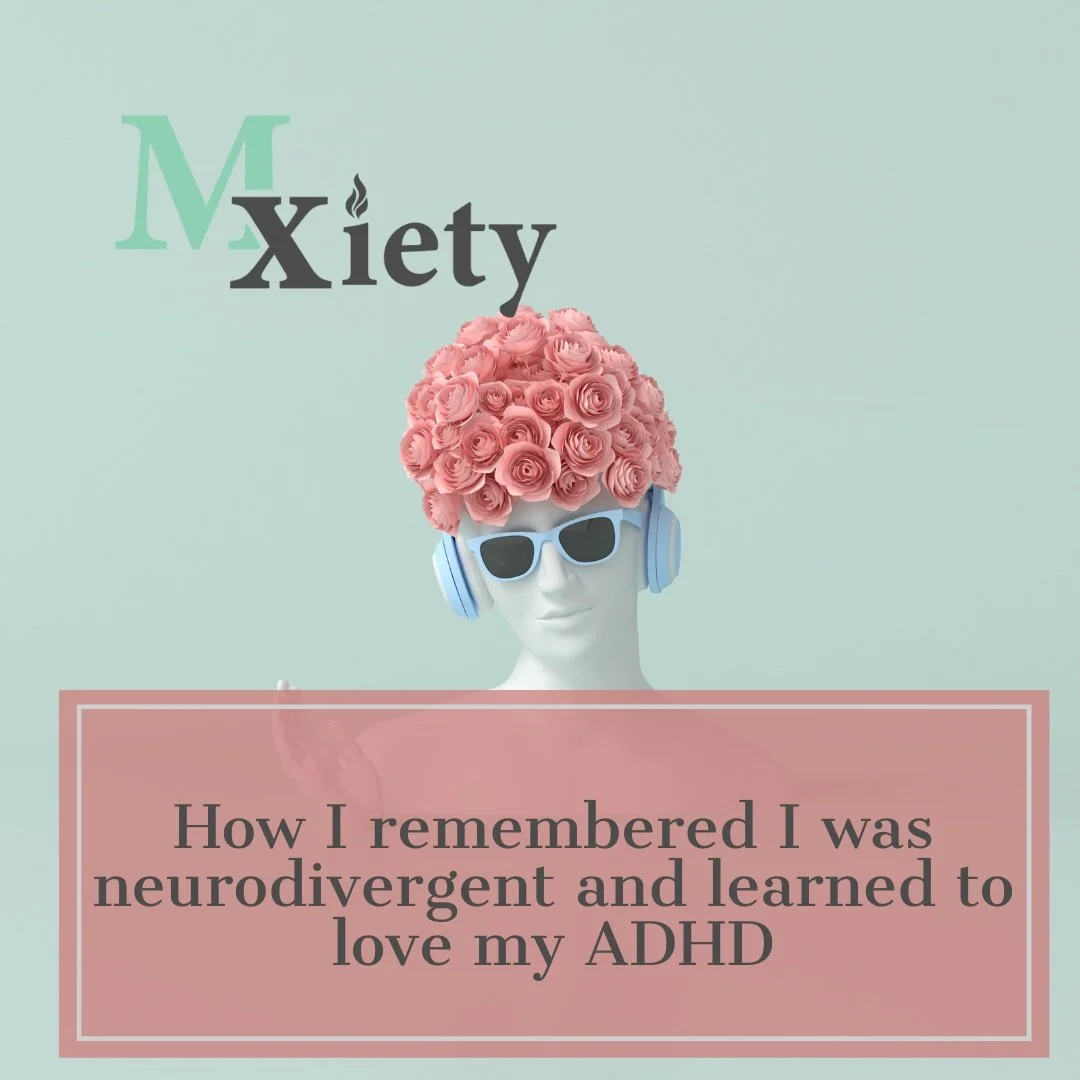Recovering from Mental Illness: It’s possible, but not what you expect it to be
/Photo by Danielle MacInnes on Unsplash
It was dark inside the closet I had locked myself in, and while I was afraid of darkness, the person demanding: “Where did you go? Are you crying again?” on the other side scared me more. I took a slow breath in between sobs, and after just a few moments, I was able to ignore the noise, tuning instead to the fantasy playing in my mind. I wished some time has passed, enough that I could be an adult. I could see myself sitting on a couch, smiling. I pictured a male figure, my future husband, giving me a cup of tea as he sat down next to me. Our dog jumps up and settles down next to us, putting his head on my lap. Would that be what true happiness would feel like? Back in reality, in that closet, I couldn’t dare believe it could come ever come to me.
Today, as I write this, I am living out my fantasy in real life. I am considered to be in recovery. I don’t feel well every day, but on the days that I do, I always spend a moment being grateful that I didn’t let the worst moments of my past take the joy of my future away for me.
By recovery in this context, I mean being able to achieve a comfortable and satisfying standard of living, despite my chronic mental conditions. According to Mental Health America, recovery consists of one’s learned ability to repair what may have been lost during the worst of one’s illness: financial security, friendships, and intimate relationships, and ability to accomplish normal day-to-day activities.
Recovery does not imply that a person will never again relapse into despair, or will never participate in activities that are harmful to their mental wellbeing, it just means they might be able to live a life like those who are neurotypical. And the possibility is real, as it is reported that only 20–30% of those diagnosed with depression end up sliding back into their worst emotional turmoil.
As recently as 2018, researchers are still having a hard time understanding what progress even looks like for those with depression. In no small part due to the fact that those who are no longer depressed, those who can manage their symptoms enough to work and live an uninterrupted life, are likely busy living and are no longer opting for treatment. In other words, you can’t recover from depression, if you just ignore having it, past or present. While those who do seek treatment and continue to seek it, are likely…well, still depressed.
Now, when people say: “You can do anything you put your mind to,” I doubt they include those whose minds are running the show in a less favorable direction. I am not naïve enough to imply that everyone gets exactly the life they want, but I have enough lived experience to say that you can live the life you dare permit yourself to envision. And while that life may not exclude mental illness, that illness can interfere minimally as long as you continue to put in the work.
Flashbacks used to be a regular occurrence for me. My mind would go back, and I would feel like I was once again in that closet in my childhood bedroom. They sometimes felt like personifications of memories meant to ensure my life stayed off track. It as if my mind was protecting me by letting me know it remembers the worst and wants to ensure that I don’t repeat the same mistake. That’s why during recovery, a flashback could make me feel like I was literally being sucked into terrifying past moments of my life; that my past was coming for me and all my progress could slip away at any moment.
It took years of therapy for me to shake those false concepts from my mind and accept that there is no way for my emotional wellbeing to completely revert, simply because of the work I have put in, the progress I have made through learning and self-reflection.
My awful memories have now been replaced with brighter days more often. My understanding of what memories feel like overall has changed. The memories I recall now don’t come back to haunt me, they come back as just fragments of my past — just memories.
80% of those who recover, note that accepting cognitive treatment helped them return to a normal life. Moving through each therapy session, especially in the beginning, was excruciating. I couldn’t “appreciate the journey.” Every nerve in my body told me I didn’t deserve to live, every thought was about my hoping to die.
When I wasn’t doing that, I would space out, my mind becoming a complete void. Therapy required me to re-live the worst moments of my life through exercises, but it healed me because afterward those emotions would release their control of me. Other times I had my nose in a workbook, scribbling through exercises to gain a better understanding of the anxiety that was in my mind. Of course, I cried through a lot of it. Most of it.
Like in a majority of those suffering, medication and social support in the form of online and in-person communities also made a huge difference. Those whom I spoke with in detail and who listened non-judgmentally, who didn’t look down on me for accepting pharmaceutical help, who did not compare themselves to me or tell me how to fix the issue, are the ones I accredit to my recovery ramping up recently. Don’t get me wrong, it’s been 10 years in the making, yet the bulk of the progress feels like it occurred in just over a year when I created an online support community around the idea of de-stigmatization and education.
On this journey, I have more than once bumped into setbacks. The moments when, after a normal week, I would suddenly feel the need to breakdown and cry. Or on occasion, I would once again feel like a phantom, unable to think of anything but sleeping for as long as possible. These awful parts are an expected part of living with chronic mental illness. Even knowing that, they still always feel like a setback, as over and over I am forced to remind myself that linear progress only happens in movies. And at that, it seems so because you only got to see one small piece of a fictional character’s life. In reality, you actually get multiple happy endings.
I remember a time when I thought, actually I “knew” that there was no way I would feel better. No motivation, no thinking the future is brighter, no intention of fighting for it. Most days, I was barely going through the motions needed to live.
The difference between me accepting my issues in the past versus now is just patience. Every time my mental well being makes a turn for the best, I get to reset my rejoicing, as much as I return to feeling hopeless when I am emotionally attacking myself for what feels like the 1000th time.
Depression is not diagnosed in a person who can see that things will get better. Anxiety likely is in not the pathology of someone who can just stop overthinking. And flashbacks are not common in those who didn’t experience trauma. I hated that those were the cards I was dealt, but at the end of the day, that didn’t change the fact that they were still in my hand.
So often I wanted to give up. There were a few evenings where the buzzing in my mind consisted of nothing less than the opposite of the very core instinct of being. I wanted to die, I was sure that would be my end. But a small sliver of me wanted to keep trying to play out my hand. And knowing where I am now, no matter the low days I still experience, I feel like I might have… No. I know I have won.












